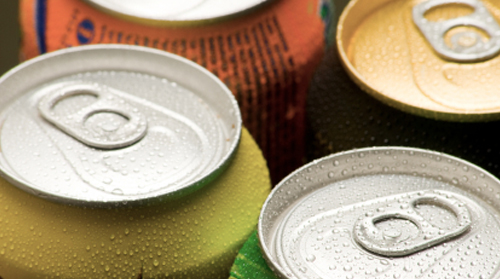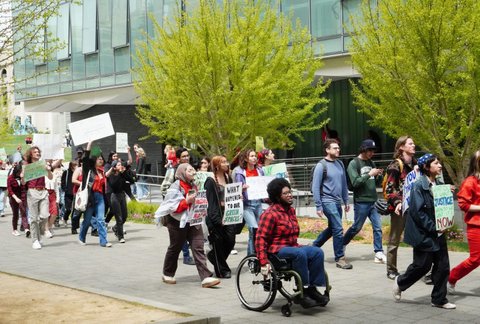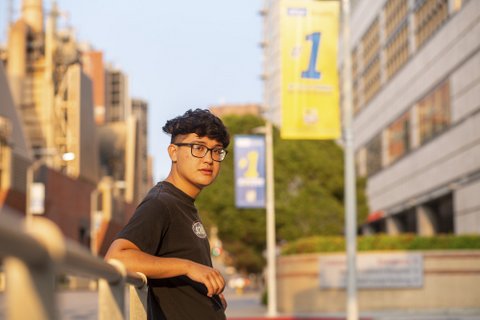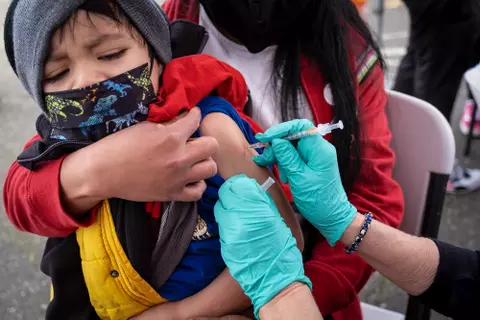
23 Jul State ‘Soda Tax’ Ban Leaves Richmond Program For Youth At Risk

By Mitzi Perez
While a diverse group of community organizers in Richmond were gathering signatures in support of a citywide soda tax for the November ballot, Governor Jerry Brown signed a bill into law banning cities and counties across the state from taxing any groceries including sugary beverages for the next 12 years.
Just weeks before the state ban, Richmond voters passed Measure E, the “Richmond Kids First initiative” and its amendments detailed in Measure K, to create a new city Department for Children and Youth Services. But, the department is dependent on a new revenue stream, which just went dry with the governor’s signature.
The plan was a one-cent-per-ounce tax on sugar-sweetened beverages, excluding baby formula, milk, agua frescas, and nutritional supplements. The tax would be nearly identical to those passed by other Bay Area cities, including Berkeley, Oakland and San Francisco.
“[The soda companies] knew that there was no way they could continue to move. We were going to win, people would continue to win soda taxes. They had to figure out how they were going to stop them,” Jamileh Ebrahimi, youth organizing director at the RYSE Center, said.
The state legislature was faced with a difficult decision. A ballot measure funded by the American Beverage Association—the Tax Fairness, Transparency and Accountability Act of 2018—was slated for the November election. If approved, it would have changed the requirement for cities and municipalities to pass any local sales tax increases from a simple majority to a two-thirds, super majority.
In a compromise, lawmakers backed the 12-year-ban and the ABA-backed ballot measure was withdrawn from the November ballot.
The timing was especially hard for Kids First supporters who had spent months collecting thousands of signatures in support of the tax.
“We’re like a week away from submitting,” Ebrahimi said.
Now, Kids First Richmond is searching for a new fund source — at least until 2031 when the ban ends.
“Moving forward, ACCE, SEIU, APEN folks are around the table trying to figure out what the next steps are going to be,” said Ebrahimi. “Once those are determined we’ll have to go back to everyone’s doors to campaign like before.”
The fund for the Department for Children and Youth Services is set to go into effect in July 2021, but that can’t happen until the committee finds a new revenue source.
“We’re clearly disappointed that the state has banned new soda taxes for the next 12 year,” Contra Costa County Supervisor John Gioia said. “The soda industry lobbied hard for that because they saw soda tax measures passing in cities around the state.”
But, Gioia doesn’t believe this is the end of soda taxes in California.
“I understand the legislature could undo this, so we’ll see,” he said. “There is also a group of public health advocates and the medical community that are proposing a statewide soda tax for the 2020 ballot that would be two-cents-per-ounce, not the one-penny-per-ounce that cities have passed.”
Gioia said the coalition is still optimistic and is now focusing on an increase of the real estate transfer tax on higher-priced commercial and residential properties in the city. That proposal will soon be in front of the Richmond city council.
In the meantime, the city will still create the Department of Children and Youth, which will be allocated $950,000 over the next two years.





No Comments